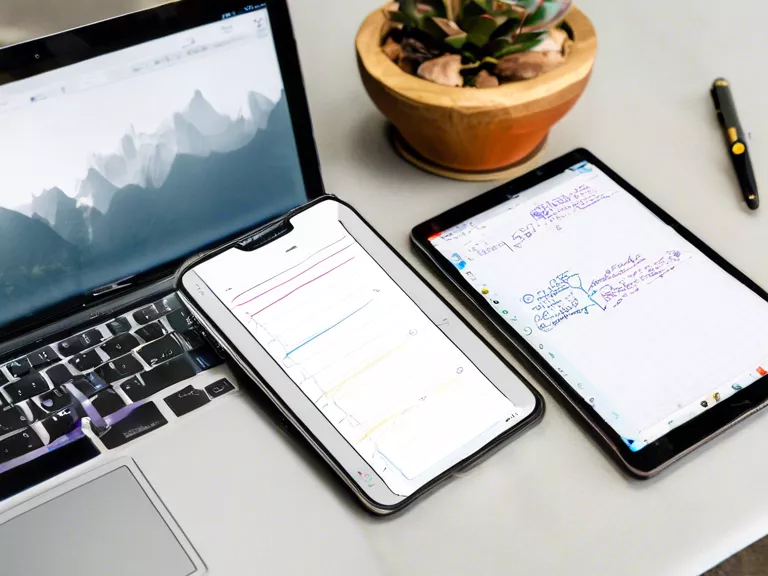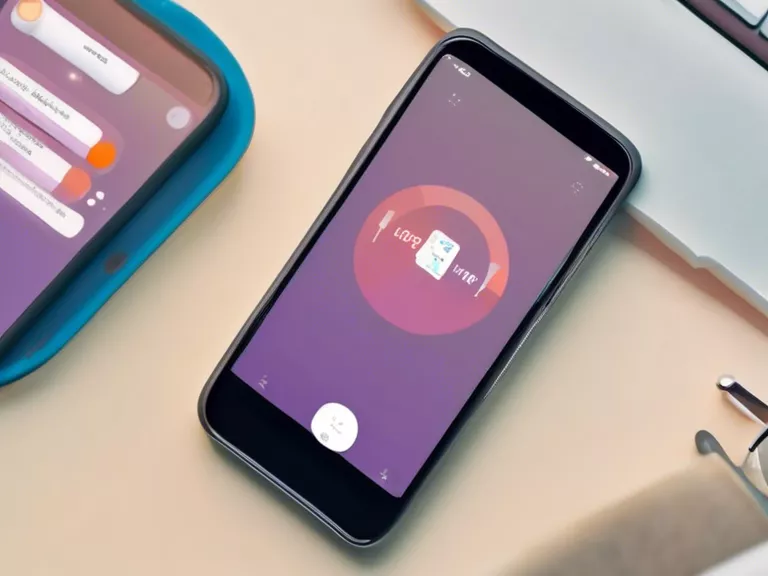
With the rise of technology and mobile devices, remote learning and tutoring have been revolutionized by mobile apps. From virtual classrooms to personalized study tools, these apps have made education more accessible and convenient than ever before. Let's explore how mobile apps are changing the world of remote learning and tutoring.
One of the key benefits of mobile apps in remote learning is the ability to access educational content anytime, anywhere. Students can easily review lectures, complete assignments, and participate in discussions on their smartphones or tablets. This flexibility allows for greater autonomy and self-paced learning, catering to individual needs and preferences.
Moreover, mobile apps offer a wide range of interactive features that enhance the learning experience. From multimedia content to gamified quizzes, these apps make studying more engaging and enjoyable for students. Virtual tutoring sessions conducted through mobile apps also provide an interactive platform for students to ask questions, receive feedback, and collaborate with peers.
Additionally, mobile apps enable personalized learning experiences tailored to each student's strengths and weaknesses. Through adaptive algorithms and feedback mechanisms, these apps can track student progress, identify areas for improvement, and recommend targeted exercises or resources. This personalized approach ensures that students receive the support they need to succeed academically.
Furthermore, mobile apps have made remote tutoring more convenient and efficient for both students and educators. Tutors can easily connect with students from anywhere in the world, eliminating the need for physical travel and expanding their reach. Students can schedule tutoring sessions at their convenience and receive one-on-one support in real-time through video calls or messaging platforms.
In conclusion, mobile apps are transforming the landscape of remote learning and tutoring by providing accessibility, interactivity, personalization, and convenience. As technology continues to advance, these apps will play an increasingly crucial role in shaping the future of education. Embracing these innovations can help students and educators alike to navigate the challenges of remote learning and unlock new opportunities for growth and development.



